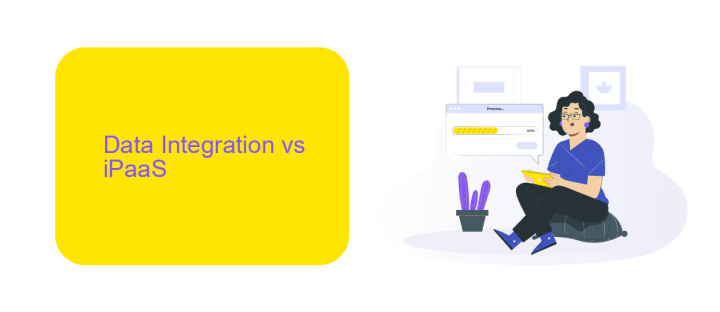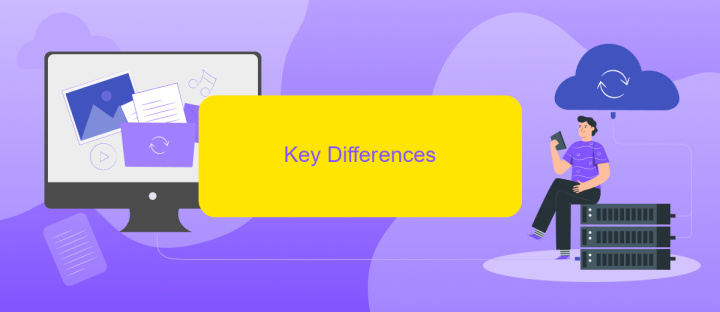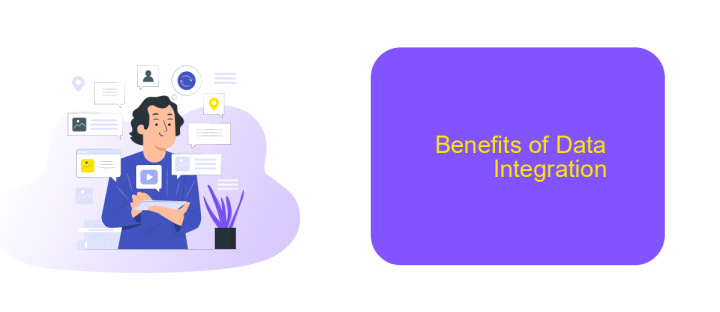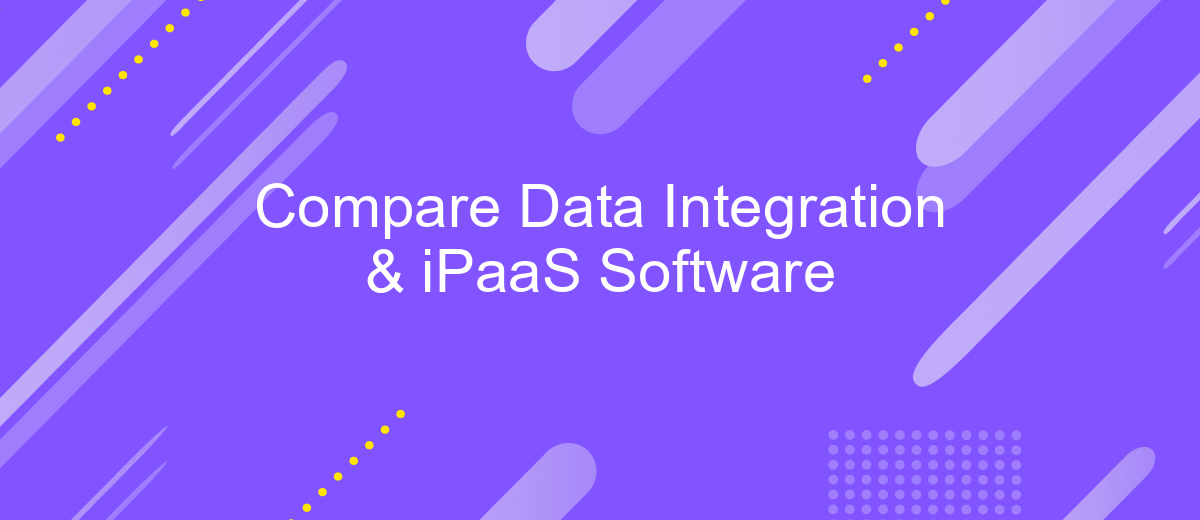Compare Data Integration & iPaaS Software
In today's digital landscape, businesses rely heavily on seamless data integration to drive efficiency and innovation. This has led to the rise of various software solutions, notably Data Integration tools and Integration Platform as a Service (iPaaS). This article aims to compare these two approaches, highlighting their key features, advantages, and potential challenges to help organizations make informed decisions.
Introduction
In today's rapidly evolving digital landscape, businesses are increasingly reliant on data integration and Integration Platform as a Service (iPaaS) solutions to streamline their operations. As organizations manage a growing number of applications and data sources, the need for efficient and seamless data integration becomes paramount. This is where iPaaS solutions come into play, offering a comprehensive platform to connect disparate systems and automate workflows.
- Effortless connectivity between various applications and data sources
- Enhanced data accuracy and consistency
- Reduction in manual data entry and associated errors
- Scalability to meet growing business needs
- Improved decision-making through real-time data access
One notable example of an iPaaS solution is ApiX-Drive, which simplifies the integration process by providing a user-friendly interface and a wide range of pre-built connectors. With ApiX-Drive, businesses can quickly set up integrations without the need for extensive coding knowledge, ensuring that data flows seamlessly across all systems. By leveraging such tools, organizations can focus on their core activities, confident that their data integration needs are efficiently managed.
Data Integration vs iPaaS

Data integration involves combining data from various sources to provide a unified view, often requiring significant manual effort and coding. This process can be time-consuming and complex, especially when dealing with large volumes of data or disparate systems. Traditional data integration tools may require specialized knowledge and can be less flexible in adapting to new data sources or changes in existing ones.
iPaaS (Integration Platform as a Service) solutions, such as ApiX-Drive, offer a more streamlined approach to data integration. These cloud-based platforms provide pre-built connectors and automated workflows, reducing the need for manual coding and allowing for quicker setup and deployment. iPaaS solutions are designed to be user-friendly, enabling businesses to easily integrate various applications and data sources with minimal technical expertise. By leveraging iPaaS, organizations can achieve more efficient and scalable data integration, freeing up resources to focus on strategic initiatives.
Key Differences

When comparing Data Integration and iPaaS (Integration Platform as a Service) software, it is crucial to understand their key differences. Both solutions aim to streamline data processes but cater to different needs and use cases.
- Scope and Purpose: Data Integration tools are designed to consolidate data from various sources into a unified view, often for analytics and reporting purposes. iPaaS platforms, on the other hand, provide a comprehensive suite of services for integrating applications, data, and processes across cloud and on-premises environments.
- Flexibility and Customization: Data Integration solutions typically offer robust ETL (Extract, Transform, Load) capabilities, focusing on data quality and transformation. iPaaS platforms like ApiX-Drive offer greater flexibility, enabling businesses to create custom workflows and automations without extensive coding.
- Deployment and Scalability: Traditional Data Integration tools may require significant on-premises infrastructure and manual setup. iPaaS solutions are cloud-based, providing easy scalability and faster deployment, which is ideal for dynamic business environments.
In summary, while Data Integration tools are essential for data consolidation and quality, iPaaS platforms like ApiX-Drive offer a more versatile and scalable solution for integrating diverse applications and automating workflows, making them suitable for modern, agile businesses.
Benefits of Data Integration

Data integration plays a crucial role in modern business environments, enabling organizations to consolidate information from various sources into a unified view. This process not only enhances data accuracy but also supports better decision-making by providing comprehensive insights.
By integrating data, companies can streamline their operations and improve efficiency. This is particularly beneficial for businesses that rely on multiple software applications and platforms to manage their day-to-day activities. With a seamless data integration strategy, redundant data entry is minimized, and data consistency is maintained across all systems.
- Improved data quality and accuracy
- Enhanced decision-making capabilities
- Increased operational efficiency
- Reduced redundancy and data silos
- Better collaboration across departments
Services like ApiX-Drive facilitate the integration process by providing user-friendly tools to connect various applications and automate data workflows. This allows businesses to focus on their core activities while ensuring that their data is synchronized and up-to-date. By leveraging such services, companies can achieve a more cohesive and efficient data management strategy.
Benefits of iPaaS
iPaaS (Integration Platform as a Service) offers numerous benefits for businesses looking to streamline their data integration processes. One of the primary advantages is its ability to connect disparate systems and applications seamlessly, enabling real-time data flow and reducing manual intervention. This leads to improved efficiency, reduced errors, and faster decision-making. Additionally, iPaaS solutions are highly scalable, allowing organizations to easily expand their integration capabilities as they grow.
Another significant benefit of iPaaS is its user-friendly interface, which often requires minimal coding knowledge. For instance, services like ApiX-Drive provide intuitive tools that simplify the integration setup, making it accessible even for non-technical users. This democratization of integration capabilities ensures that businesses can quickly adapt to changing needs without relying heavily on IT departments. Furthermore, iPaaS platforms typically offer robust security features, ensuring that data transfers are secure and compliant with industry standards.


FAQ
What is the primary difference between Data Integration and iPaaS software?
Can iPaaS be used for real-time data integration?
What are the benefits of using iPaaS over traditional data integration tools?
How secure is data integration with iPaaS solutions?
Can small businesses benefit from using data integration and iPaaS tools?
Apix-Drive is a simple and efficient system connector that will help you automate routine tasks and optimize business processes. You can save time and money, direct these resources to more important purposes. Test ApiX-Drive and make sure that this tool will relieve your employees and after 5 minutes of settings your business will start working faster.

